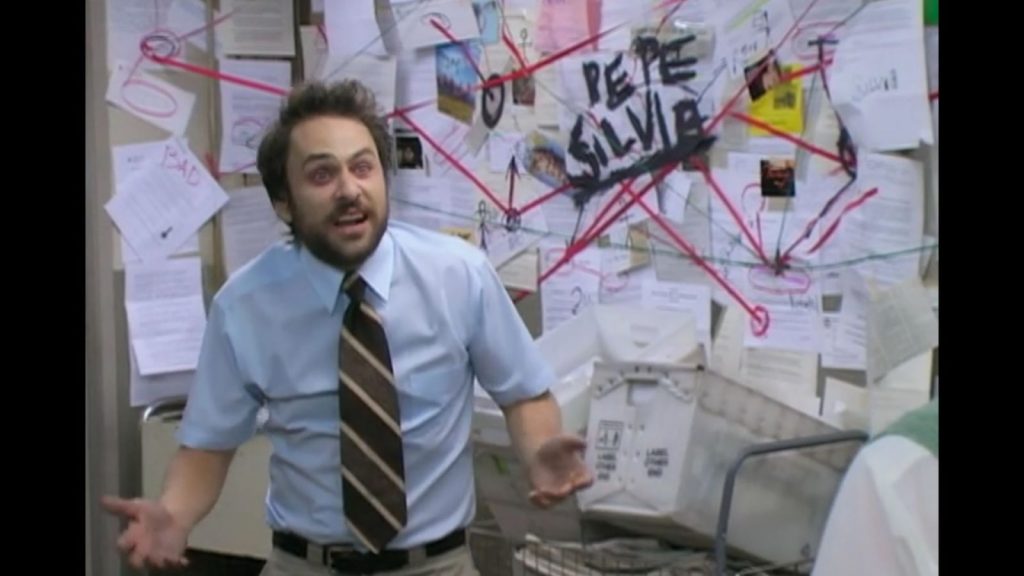So my plan is to watch the Snyder Trilogy. Man of Steel (2013), Batman v Superman: Dawn of Justice (2016), then Justice League (Snyder Cut, 2021). I am totally catching up on my film backlog.
Hobomax has redesigned their site, the stupid profile select now takes 10 seconds to be clickable, and I only have one profile so it's utterly pointless. And now the video player "full screen" maxes out at 1900x800, which is 2/3 of my monitor. WTF. I can't watch it on my TV, because Hobomax doesn't have a PS3 app, and I'm not buying another console for a while. Anyway, personal watching woes aside.
Why is Krypton all black and medieval? It's a gleaming forest of crystal spires in ALL the comic art and the Bottle City of Kandor. They're effete but civilized. Why is Jor-El riding a World of Warcraft Windrider™? Why are babies in pods? The "Codex" is a magic skull? I hate this design. It's like they watched Kenneth Brannagh's Thor (2011) and said "We don't want to be sleek and Kirby-esque like Asgard! Make it all shitty and ugly!" Really that's the theme for all the DCU movies.
Why is General Zod chasing Jor-El instead of securing their rebellion? Why are they frozen into little flying penises, instead of sent to the Phantom Zone? Much later they call the prison ship the PZ but it's very poor setting exposition.
Ridiculously bad cyan/orange tinting.
"People are afraid of what they don't understand", says Pa Kent to whiny baby Clark. People are afraid of a guy who can punch you into a fine red mist, laser-fry your brain, give you cancer with X-ray vision, demolish your truck with his bare hands. One second of drunkenness or anger or lust, and everyone dies. Clark's a damned nuclear weapon with a dick, and we all know it. And occasionally Snyder manages to show that.
Jor-El's program/ghost takes over a random abandoned scoutship, and gives Kal-El the suit. Which looks nothing like Earth or Kryptonian fashion. The comics made sense: Kryptonians wore skin-tight spandex and capes in bright colors. That's why Supergirl looks like she does, cheerleader outfit with giant boob window is demure Krypton fashion.
At least in flight the film quality gets better, but as soon as it's on the ground again it's back to even darker cyan/orange. I'm having a hard time looking at this. I want to pluck out the eyes of every film editor who does this.
The "Clark bums around like The Incredible Hulk TV show" parts would be a good movie by themselves, or a long TV series with the saddest ending music ever.
Lois (Amy Adams) is adequate. We don't see her do anything except Superman, so there's no great love story, no hyper-competent reporter thing. She does her own photos instead of having a Jimmy Olsen, which is weird; and her camera gets busted, but she doesn't retrieve the flash card which would give her actual evidence. She's certainly no Margot Kidder.
So, main plot finally starts.
Kal-El gets weak when he breathes Kryptonian air, not Kryptonite. Apparently he can fly in space without Earth air. The Kryptonians who haven't adapted are the reverse? It makes no sense. Yellow sunlight is what makes Superman and Supergirl so powerful, and people of Kandor when they come out of the bottle.
Fight scenes finally start at 90 minutes or so. And it's exactly like the Batman Arkham games, lotta fast swooshing between targets, hit them in ways that should break anything material, and it just flops a ragdoll around and they stand back up.
Forget all the little SimCity people running from the terraforming of Earth, think of the financial losses from bombing New York! If there's one thing I've learned from The Avengers and this movie, it's that aliens love giant robot tentacles coming from nowhere. Those are the greatest weapons ever. Fuck missiles, nukes, lasers, get some robot tentacles.
Also the message of these films is always that Humans can't solve their own problems, even disaster recovery, without a local demigod to save us. Perry White (Laurence Fishburne!) & intern Jenny have a moment, just waiting to die is all they can do.
Zod has a speech near the end which is actually kind of poignant, and if any of that was portrayed in the previous 2 hours, he'd be a good villain, instead of a mook. He's no Terence Stamp, of "KNEEL BEFORE ZOD!" fame. The cute alien chick (Antje Traue, last seen in Dark) claims they have no morality, which contradicts Zod.
Every fight they find more tissue-paper buildings to go thru, even ludicrously going up into space to smash thru a satellite. Just silly.
The ending's so weird. Kal-El's sent all his fellow Kryptonians to a fate worse than death, but killing one is just traumatic.
★★★☆☆ — lost a star for the fucking awful color, half a star for how dull and fighty the end is, after the first half was OK. Nothing fun, just a slugfest.
